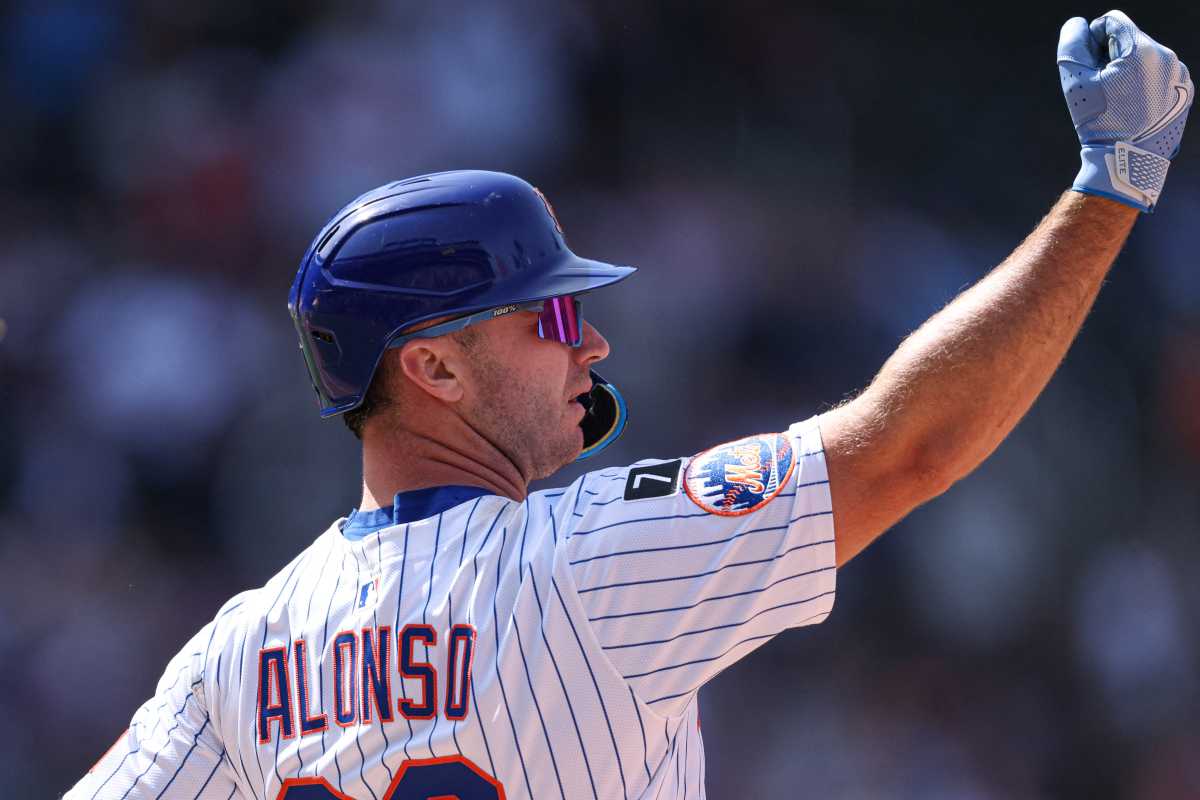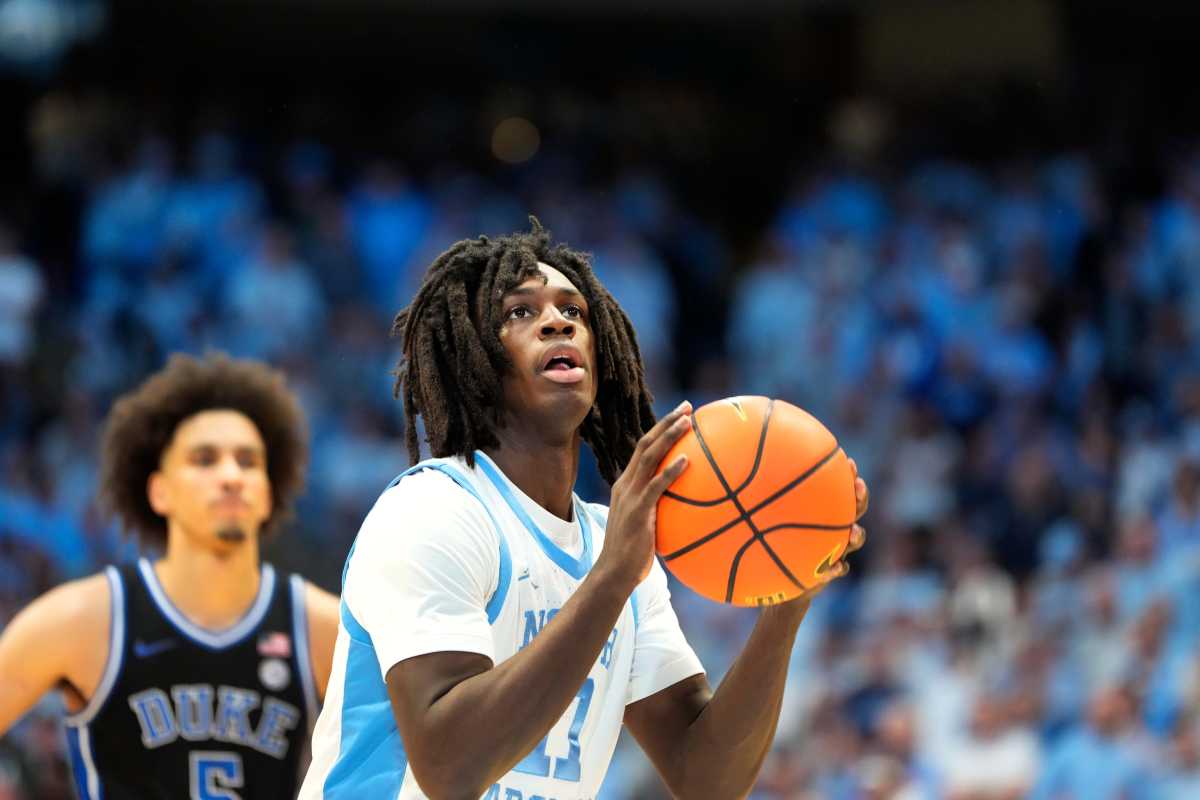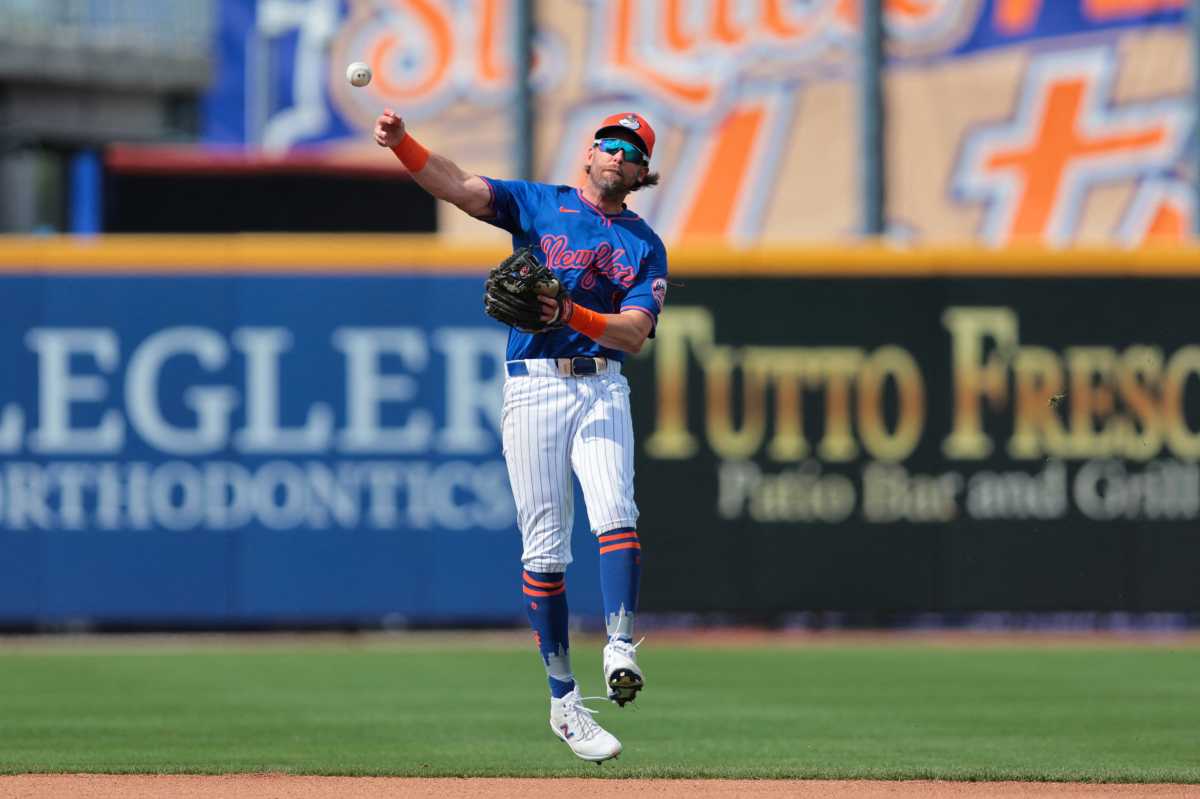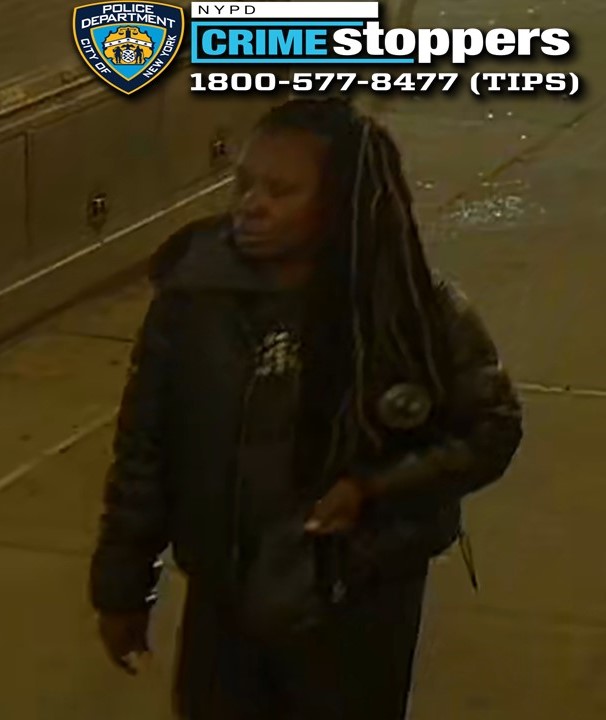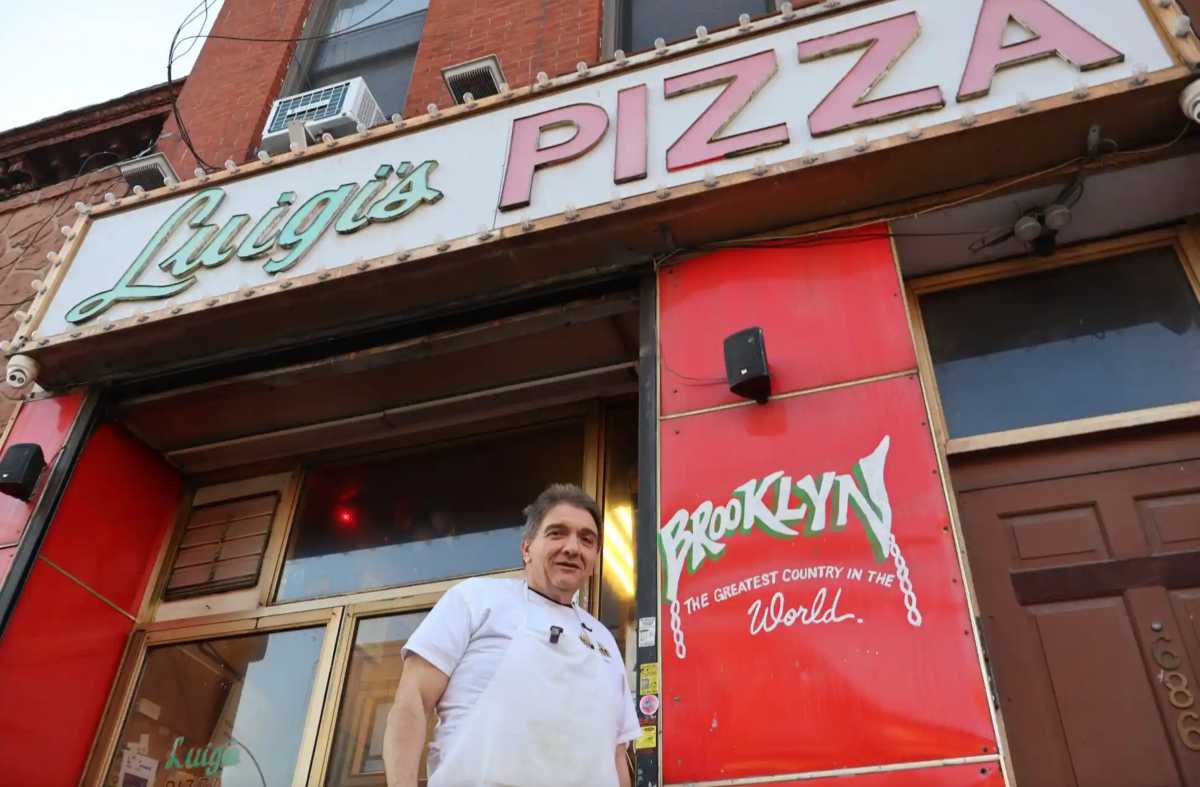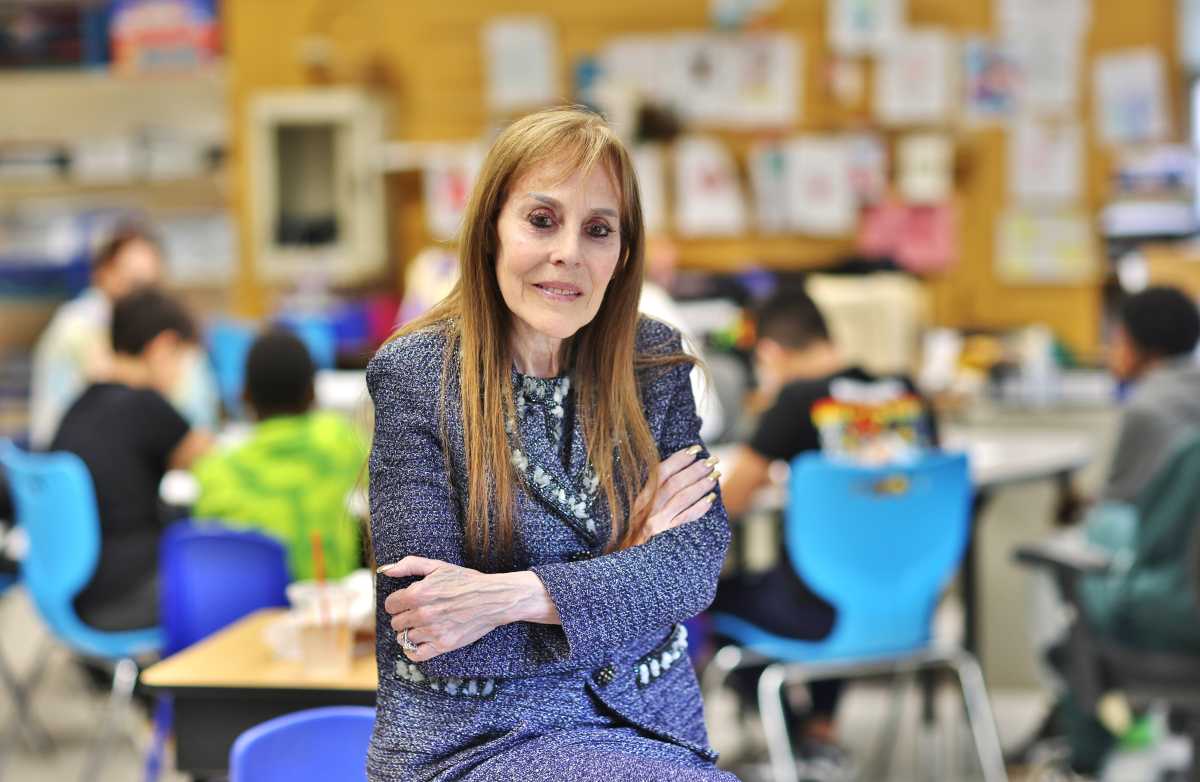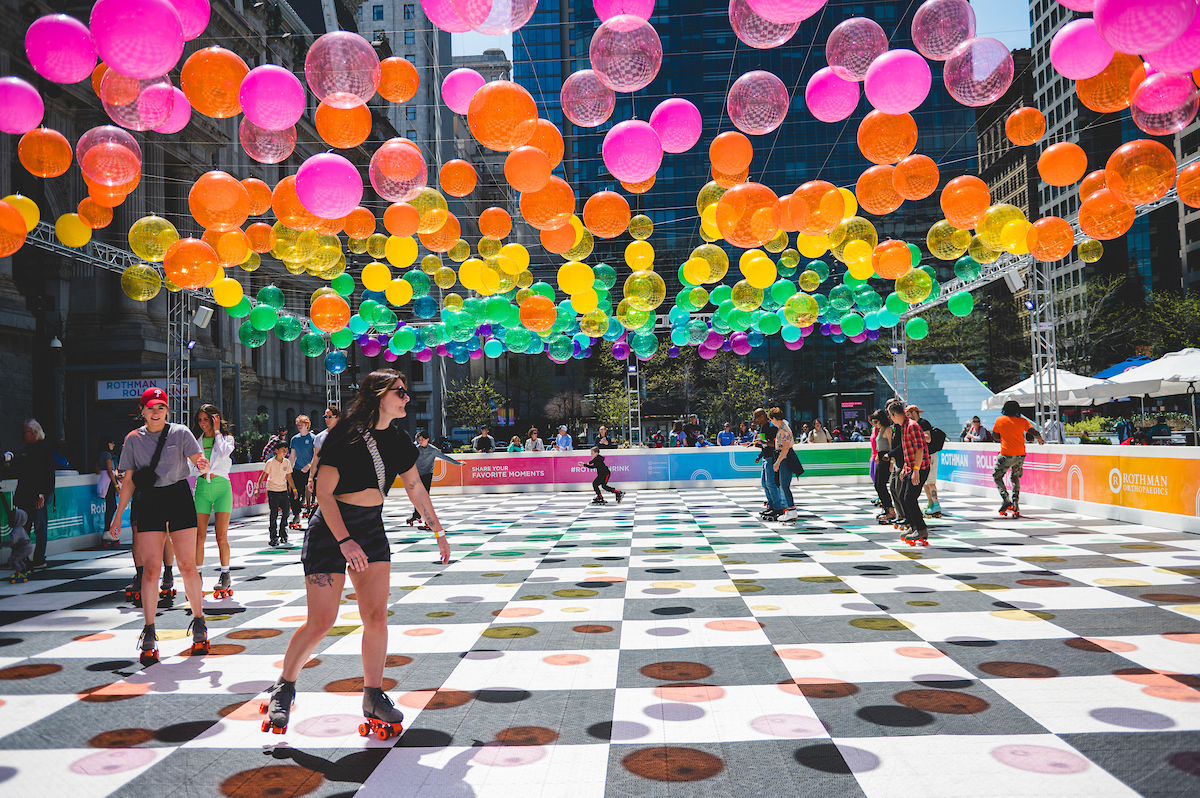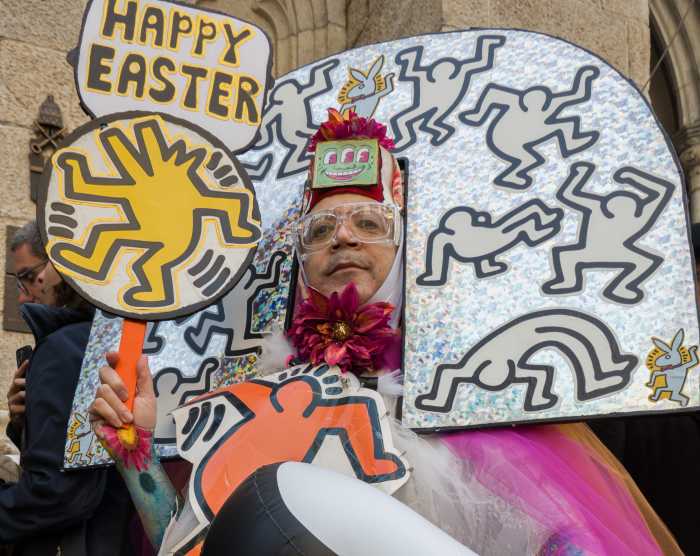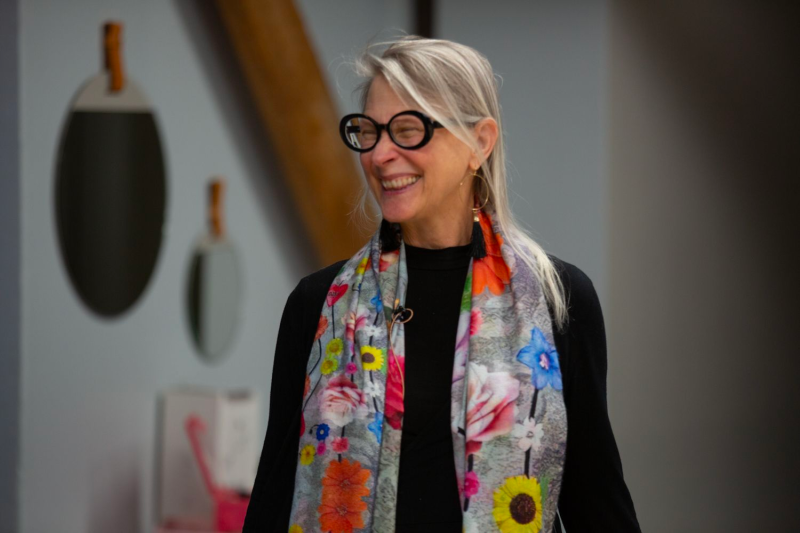In the next few decades, you could be eating dinner made with produce from the farm growing in your high-rise apartment building while a robot takes your plate to the dishwasher.
Those are just some of the ways cities like Boston might look differently in 2050, according to Dr. Ulrich Eberl, author of “Life in 2050″ and director of innovation communications at Siemens.
Bostonians, known for our “Masshole” driving abilities, will have their blood pressures lowered. Traffic lights and signs could disappear as new vehicles will be able to communicate with other cars and the surrounding infrastructure to avoid accidents, according to Eberl.
But as the population continues to expand rapidly — with an additional 2 billion people in the world by 2050 — driving around and finding parking might not make car ownership worth it.
“Individual car ownership is increasingly inconvenient for a lot of people,” said Patrick Tucker, an editor at the World Future Society.
Tucker said more people would likely create and join vehicle cooperatives to share cars.
Public transportation could also get an unusual upgrade.
Medical devices implanted in subway car seats or handles will be able to read a person’s vital signs and could alert medical professionals to an ill person before they realize they need help, Tucker said.
Schools look ahead
Students looking to get a Boston education could without ever visiting the Hub.
Schools like Northeastern and Boston University are looking to expand globally and offer courses in regional campuses in other cities and countries. Professors will be flown to those cities to teach every few weeks.
“There are new and … exciting visions for education at Boston University in the year 2050,” BU President Robert Brown wrote of the school’s global strategy. “We could, by then, be a multicampus institution.”
Building the future
By 2050, Eberl envisions:
Floating green islands for farming and trees on rooftops
Solar power cells on roofs, windows and walls of buildings
Wind turbines high up between skyscrapers
Washing machines that can read labels to determine what kind of clothes are in the machine






